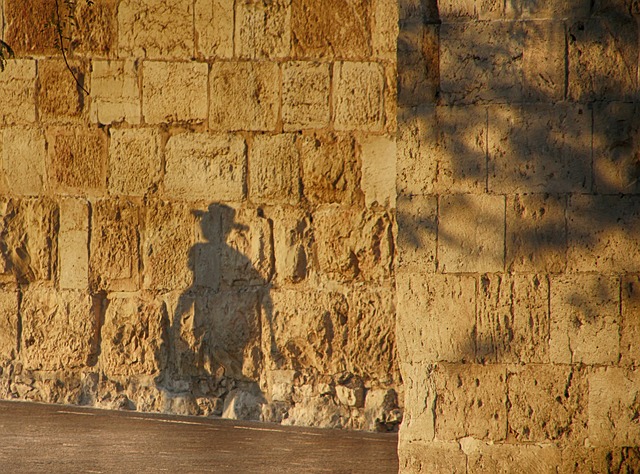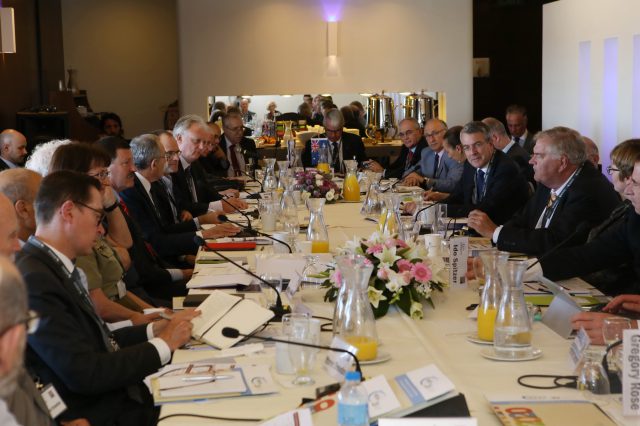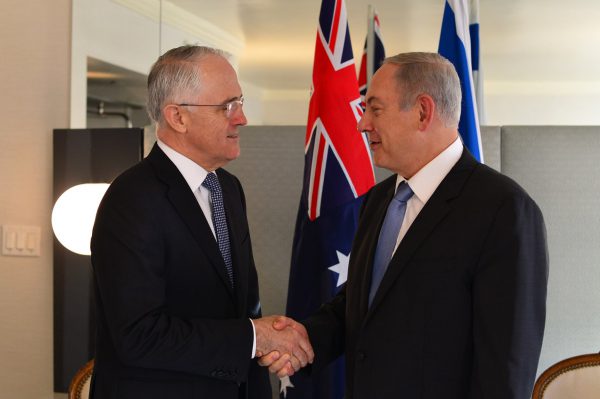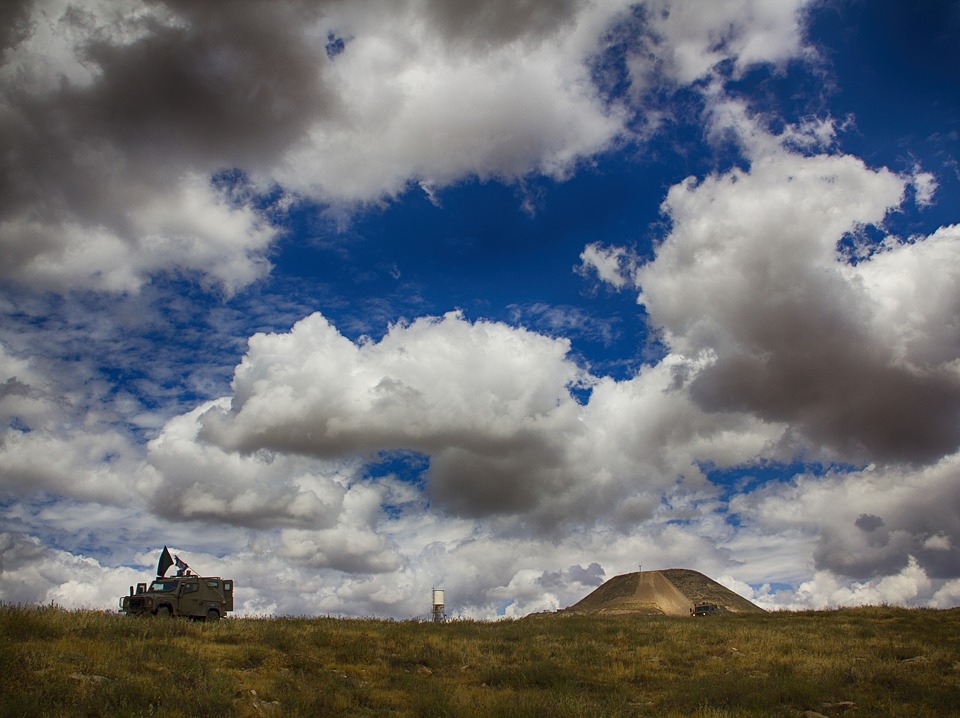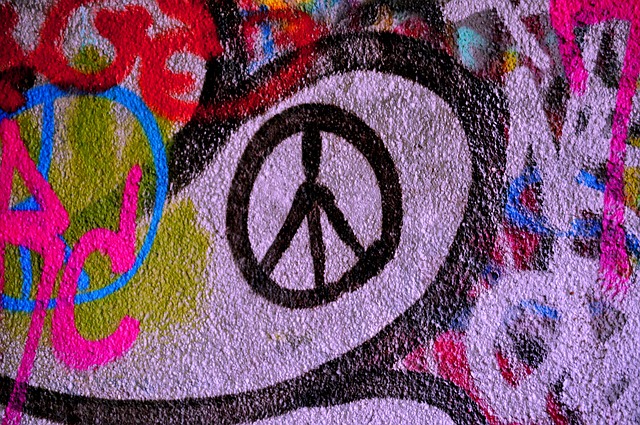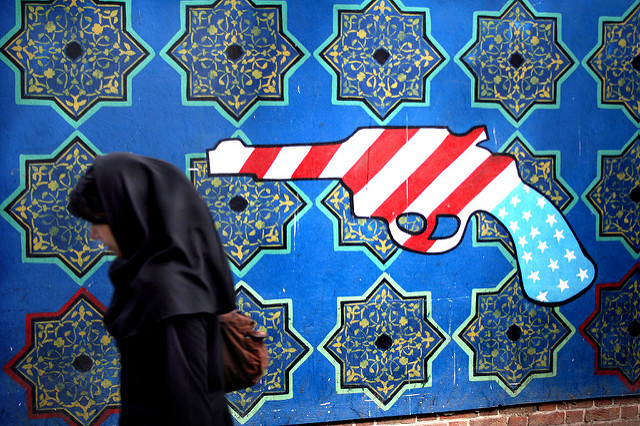Trump, Jerusalem and the end time

The US has been pregnant with recognition of Jerusalem as Israel’s capital at least since 1995, when Congress endorsed the position that ‘since 1950, the city of Jerusalem has been the capital of the State of Israel’. Successive presidents have resisted delivering this outcome on two grounds: they felt it intruded on their constitutional prerogative and had potentially adverse implications for US national security and regional peace. Yet, each as a presidential candidate felt compelled to promise such a move while campaigning. Now President Donald Trump has taken the step of recognising Jerusalem as Israel’s capital. Why?
The contrast between the US Congress and the rest of the world over the status of Jerusalem is stark. The strength of international opposition can be gauged through a November 2017 UN General Assembly resolution. It reiterated that Israel is an ‘occupying power’ and its ‘laws, jurisdiction and administration of the Holy City of Jerusalem were illegal and therefore null and void’. The resolution received overwhelming support. All Islamic nations voted in favour of the motion.
Recognition of Jerusalem as Israel’s capital by the US is hardly orthodox strategic policy. The Trump administration clearly anticipated that the reversal on Jerusalem’s status would provoke strong reactions across the Islamic world, and would strain US relationships with friends and allies like Turkey, Saudi Arabia, Egypt and Jordan. Moreover, it must have been apparent to the administration that the decision would provide justification and motivation to the recruiters of violent extremists. There could have been no expectation that close allies in Europe and elsewhere would fall in line with the new policy. The responses of French President Emmanuel Macron and German Chancellor Angela Merkel were unambiguous.
Trump’s statements have often been contradictory and incoherent. His erratic behaviour will encourage pop-psychology explanations for this radical policy shift and accusations of unprincipled pandering to his constituency. The effusive flattery heaped on him by Israeli Prime Minister Benjamin Netanyahu may have played a part in his decision.
But theories about Trump’s personality can’t account for the long-standing advocacy for this change by many Americans. Simply pointing to a campaign commitment has no explanatory power. And anyway, Trump has stepped back from a number of promises already and been prepared to wear the displeasure of the alt-right commentariat. While it has been clear that Trump might become more active in foreign policy as he’s constrained domestically by issues like the Russian probe and falling approval ratings, that doesn’t explain this especially inflammatory and controversial decision.
Trump’s willingness to embrace the expected mayhem might, however, be rationally explained by a religious narrative. The alliance between the Israeli lobby and Christian right in the US is well documented. It was symbolically formalised in 1979 with the presentation of the Jabotinsky Centennial Medal to Jerry Falwell and Billy Graham by Menachim Begin for their long-time support for Israel.
The Christian right finds justification for its support for Israel in the Book of Genesis 12:3. Here, God announces that those who ‘curse’ the Jewish people will in turn be cursed and those who ‘bless’ them will be blessed. More radical evangelicals see justification for strong support for Israel in the Book of Revelation: the existence of the state of Israel is a precondition for the return of Jesus and the end time. For them, the appearance of the Jewish Israeli state is the miraculous fulfilment of biblical prophecy. That interpretation is found among Christian Zionists; it’s also influential in Christian right ideology and dominates evangelical thinking.
Premillennial dispensationalism has emerged as the predominant belief among Christian Zionists. Its adherents see current events in the Middle East, and social and technological developments elsewhere, as full of prophetic meaning. The validity of this theological interpretation is beside the point. What’s salient is whether the decision to recognise Jerusalem was influenced by end-time belief on the part of Trump and Vice President Mike Pence.
It may be more important in the long term to understand Pence’s convictions because he holds ambitions for the presidency. The vice president, a deeply religious evangelical, was reportedly an important advocate for the policy change. Pence’s address to Christians United for Israel, a Christian Zionist organisation, cast the shift of the US embassy from Tel Aviv in religious and prophetic terms. This isn’t the first time he has expressed Christian Zionist views.
The most troubling explanation for Trump’s decision might be that he and Pence actually believe in some version of premillennial dispensationalism. That rather than simply pandering to Christian Zionists, they share their eschatological convictions. Notably in this context, Steve Bannon, the former presidential adviser, has declared himself to be a Christian Zionist.
It seems inconceivable that a US president would consciously enact policies intended to facilitate or accelerate Armageddon. The potential consequences of a US administration operating in accordance with Christian Zionist teleological zealotry are frightening. But these are strange times.

